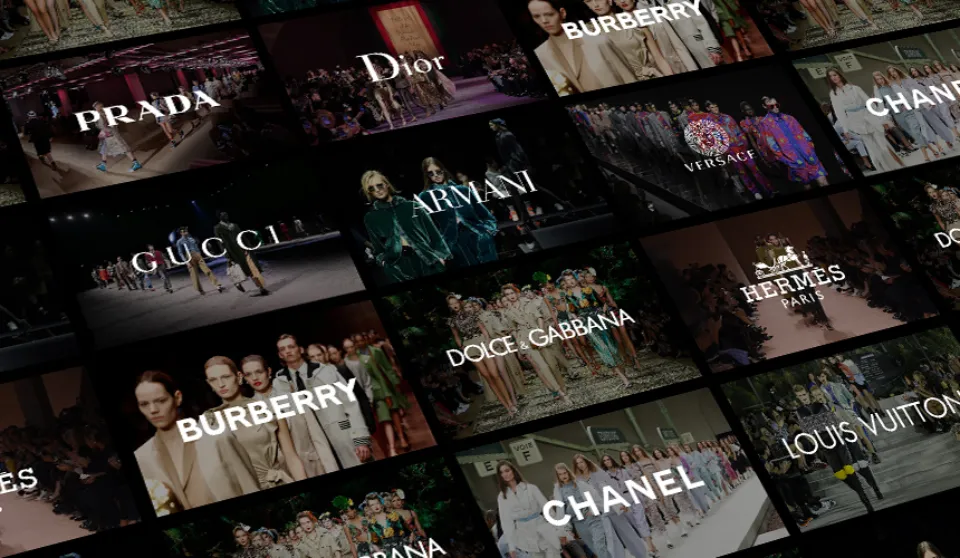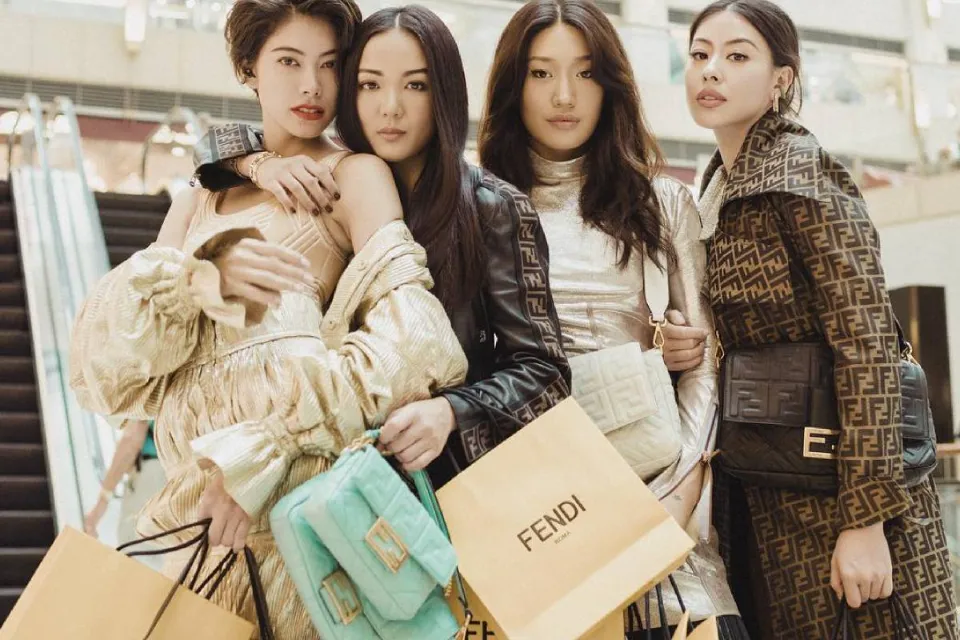Do you know what is a luxury brand?
Luxury is hard to define; it’s expensive but not overpriced. It’s high-quality and long-lasting, but futuristic. It has a pleasing aesthetic quality while being distinctive.
Keep reading, and find out more about luxury brands.
What is a Luxury Brand?
A luxury brand is a brand that is characterized by a high level of quality, exclusivity and high price tags.
Luxury brands can be found across a wide range of industries, but particularly in the retail, hospitality, and automobile industries.
What Makes a Luxury Brand?

Here are the main factors that make a luxury brand.
1. Price
This is the simplest answer to, “What is luxury?” It might even be the least significant one. A luxury brand identity is not formed solely by cost. Keep in mind that people are much more likely to write off a brand as an expensive version of what they would normally purchase. That doesn’t, in their eyes, equal luxury. You need to provide more.
2. Quality of Make
We are now making progress. Luxury goods typically perform more functions, use superior materials, and have longer shelf lives than cheaper alternatives. Genuine craftsmanship has an unparalleled effect on luxury brands.
Customers want the best quality goods and services delivered by top experts. This distinguishes luxury brands because it is frequently instantly recognizable.
If any of these is disproved in the minds of your target customers, the perception of your brand can slip from “luxury” to “scam” overnight.
3. Design Aesthetic
Having money to spend is a sign of status. Because it’s more uncommon, wearing a luxury brand distinguishes you from people who wear more typical clothing. A luxury item should convey its stature and originality through its appearance.
Customers yearn to connect with companies that, through beautiful design and aesthetics, celebrate their own sophistication.
The visual representation of a luxury brand should convey the inherent quality.
4. Rarity
Due to the fact that their brands rely on accessibility to generate revenue, many excellent, useful, and well-made products are perceived as being very common. Because they are accessible and common, they are not considered to be luxury goods.
A luxury item’s rarity is the last element. It’s luxurious if it’s hard to get or keep. Some intricately crafted items with decades of engineering aren’t luxury goods because there are so many of them.
And because they are uncommon, some rocks that grow out of the ground and do nothing but sit there are valuable.
5. Meaning
Reality must be the foundation of luxury. Durability, improved materials, and increased capability are all real. The increased cost of adding these components to a luxury product is reflected in the price. These qualities are designed to stand out in a unique way thanks to the look. These things actually exist.
But there’s another notion of luxury. Because they don’t reach enough of their target market to believe in the meaning of their brand, many luxury brands fail.
What distinguishes your high-end brand from the competition’s and makes it more appealing to consumers? Through your brand, they must be able to access meaning that they cannot find elsewhere.
6. Service
Finally, the service component that supports a luxury brand’s product cannot be ignored. Few things will lower the value of your brand in a customer’s eyes more quickly than having to speak with an automated system rather than a live person or having to wait two weeks for a response to a complaint.
Due to the cost associated with luxury, excellent service is expected.
Why Invest in a Luxury Brand?
Brands that are luxury brands have a level of prestige and quality that is unmatched by other brands. By associating a product with luxury, brands can charge more for their goods and draw in a more affluent clientele.
Increased customer loyalty and word-of-mouth advertising are two additional benefits of luxury branding in addition to higher revenues.
Luxury branding is about the experience, not just the product. Luxury brands spend time developing a brand narrative that connects with their audience and offers them an experience with the brand rather than just a product.
The advantages of luxury branding include offering prestige and quality, having the ability to charge higher prices than other brands, and providing a connection to the brand through its narrative.
Conclusion: What is a Luxury Brand
There is no one thing you must focus on in order to achieve luxury. Luxury is a state of mind, a lifestyle, a belief, and a feeling.
Luxury brands that rise above the rest must balance the line of serving their customers’ principles while creating something truly new and fascinating for them to desire, or rather, require.
Luxury ultimately comes down to how a customer feels about their relationship with a luxury brand.
Read More:
FAQs
What is the Purpose of Luxury Brands?
They are buying into the idea of “luxury,” which is
Which Are the 3 Major Characteristics of a Luxury Brand?
There are several characteristics that are often associated with luxury brands, including exclusivity, high quality, and exceptional customer service.




